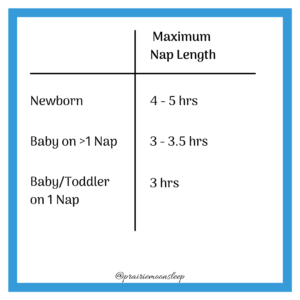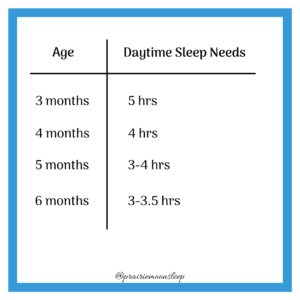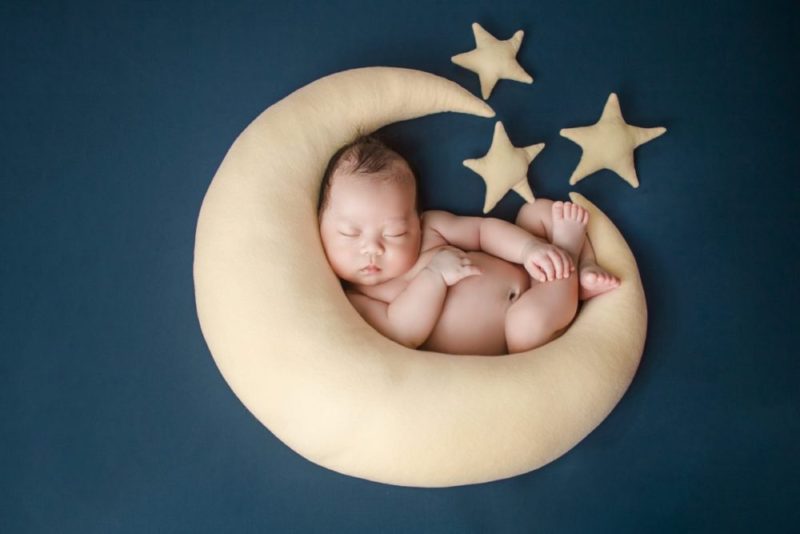Have you ever heard the advice “never wake a sleeping baby”?
Although I’m committed to helping parents get their babies and children sleeping well, there are a few scenarios where it’s actually helpful to wake your baby.
In some instances, letting your baby sleep can end up creating other sleep problems.
Here are 6 times you SHOULD wake your sleeping baby:
1. Health and safety
If, at any time, you’re concerned for your baby’s health or safety, it’s a good idea to wake them up and check on them. And if your baby has any health issues, follow your doctor’s or pediatrician’s recommendations on how long you should allow them to sleep.
2. Longer than 3 hours since your newborn’s last feed
Newborns typically need to be fed every 3 hours around the clock for at least the first few weeks.
They have a lot of growing to do and they need to re-gain any weight loss since birth. But their tummies are small and breastmilk and formula digest fairly quickly, so regular feeds will help ensure they’re getting the calories they need.
And as a bonus, waking your baby to feed every 3 hours will also help them sort out any day/night confusion.
Follow your doctor’s or pediatrician’s recommendations on when you can start letting your baby sleep for longer stretches between feeds.
3. Napping too long
In some cases, it can be helpful to wake your baby to preserve their sleep schedule for the rest of the day. If a nap goes on for too long, it can be difficult to fit the last nap of the day in before bedtime.
Here’s a guideline for maximum length of a single nap:

4. Already met their total daytime sleep needs
When a baby gets more daytime sleep than they need, it can take away from their nighttime sleep. And nighttime sleep consists of more deep sleep, which is the most restorative. So, it’s important to keep our babies’ daytime sleep and nighttime sleep properly balanced.
Here’s a guideline for total daytime sleep needs:


5. To preserve bedtime
In some cases, it can be helpful to wake your baby from their last nap of the day in order to preserve bedtime. Most babies and children function best when bedtime is between 7-8 PM as it follows their natural circadian rhythm. Ensure the last nap of the day ends early enough that your child will be ready for sleep between 7-8 PM.
6. To manage naps before a nap transition
When your little one is getting ready to drop a nap, it may be necessary to wake them up from one nap in order to fit another nap in or to prevent bedtime from being too late. This can help hold your child off until they’re fully ready for the next nap transition.
Although nobody enjoys waking a sleeping baby, it’s to their benefit (and yours) in these six scenarios.
If you need extra support navigating your baby’s sleep schedule or sleep challenges, contact me for your Free Sleep Evaluation Call to learn how I can help.

